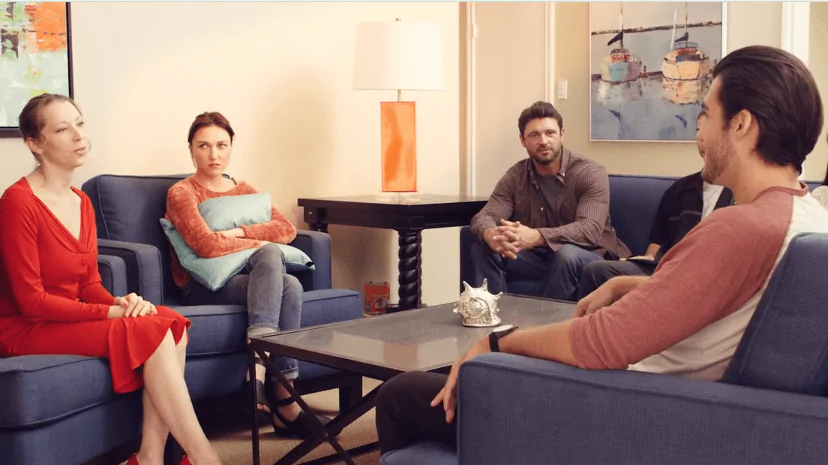24/7 Helpline:
(866) 899-221924/7 Helpline:
(866) 899-2219
Learn more about Morphine Rehab centers in Richland County
Morphine Rehab in Other Counties

Other Insurance Options

Oxford

EmblemHealth

Meritain

Coventry Health Care

Magellan Health

Self-pay options

Group Health Incorporated

BHS | Behavioral Health Systems
Beacon

Sliding scale payment assistance

WellPoint

Cigna

Carleon

Health Partners

Highmark

Ceridian

American Behavioral

Optum

Health Net

BlueShield

Palmetto Addiction Recovery Center
Palmetto Addiction Recovery Center is an accredited addiction treatment center in Rayville, Louisian...

Rayville Recovery
Rayville Recovery provides affordable drug and alcohol detox and rehabilitation options to residents...











Northeast Substance Abuse
Northeast Substance Abuse is a private rehab located in Rayville, Louisiana. Northeast Substance Abu...

















































